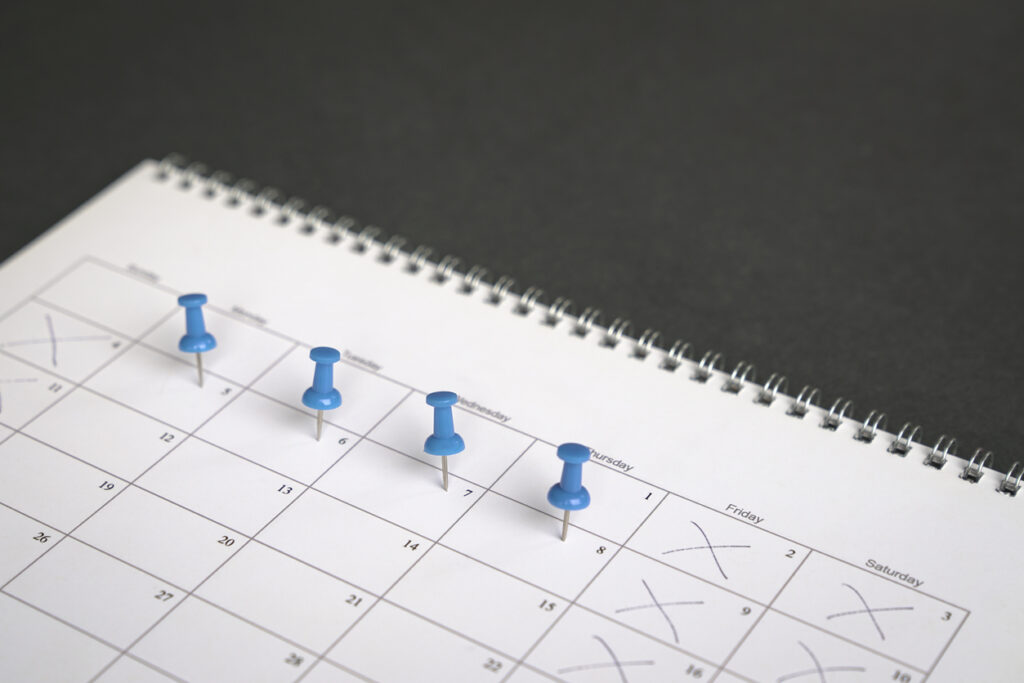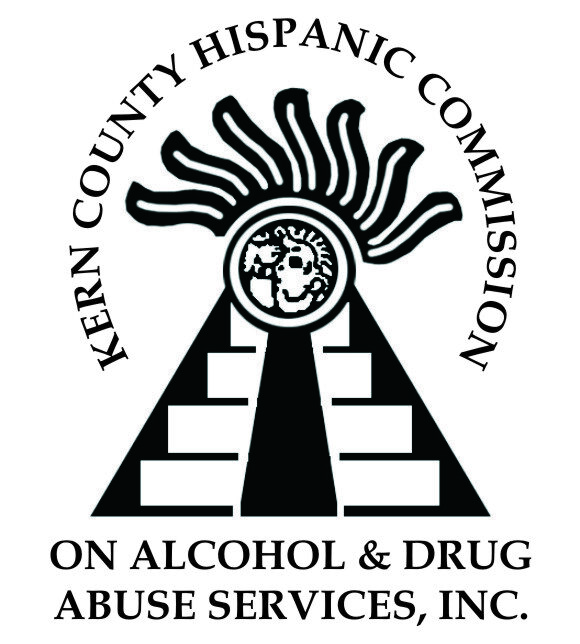Recovering from a substance use disorder is a complex journey that requires dedication, support, and often, a complete overhaul of one’s lifestyle. While there are various approaches to addiction recovery, one aspect that consistently proves to be crucial is the establishment of a structured routine. In the tumultuous landscape of recovery, routine serves as a stabilizing force, providing individuals with a sense of predictability, purpose, and stability.

The Chaos of Addiction
Addiction is notorious for disrupting every aspect of a person’s life. It hijacks the brain, rewiring its circuitry to prioritize the pursuit and consumption of the substance over all else. As a result, individuals struggling with addiction often find themselves caught in a cycle of chaos and unpredictability. Their days blur together, consumed by the relentless pursuit of their next fix, while their responsibilities, relationships, and self-care fall by the wayside.
The Role of Routine in Recovery
Establishing a routine may seem mundane in comparison to the exhilarating highs of substance use, but its significance cannot be overstated in the context of recovery. Here’s why:
1. Structure and Stability: Recovery is about rebuilding a life that addiction has torn apart. A structured routine provides a framework within which individuals can start to regain a sense of order and stability. Knowing what to expect from each day can reduce anxiety and uncertainty, making the journey to sobriety feel more manageable.
2. Occupying Time and Mind: One of the biggest challenges in recovery is filling the void left by substance use. Boredom and idle time can be triggers for relapse. A well-structured routine keeps individuals occupied, leaving less room for cravings or negative thoughts to creep in. Whether it’s work, hobbies, exercise, or therapy, having scheduled activities helps to keep the mind engaged and focused on positive pursuits.
3. Building Healthy Habits: Recovery isn’t just about abstaining from drugs or alcohol; it’s also about adopting a healthier lifestyle. A routine provides the framework for establishing and reinforcing positive habits such as regular exercise, nutritious eating, adequate sleep, and mindfulness practices. Over time, these habits become ingrained, contributing to long-term wellness and resilience against relapse.
4. Restoring Self-Discipline: Addiction often erodes self-discipline and self-control. By adhering to a routine, individuals can gradually rebuild these essential skills. Setting goals, adhering to a schedule, and following through on commitments all contribute to strengthening self-discipline, empowering individuals to take control of their lives and their recovery.
5. Creating a Supportive Environment: Recovery is not a solitary endeavor. A routine can incorporate regular interactions with support groups, therapists, mentors, or loved ones who provide encouragement, accountability, and guidance along the way. These connections reinforce the sense of community and belonging, essential elements for sustained recovery.

Designing a Recovery-Focused Routine
Crafting a routine tailored to support recovery requires a thoughtful approach. It’s essential to consider individual needs, preferences, and goals when designing a schedule. Here are some tips to keep in mind:
1. Start Small: Rome wasn’t built in a day, and neither is a recovery-focused routine. Begin by introducing small, manageable changes into your daily schedule, gradually increasing complexity and intensity as you progress.
2. Prioritize Self-Care: Recovery is as much about healing the mind and spirit as it is about abstaining from substances. Make self-care a non-negotiable part of your routine, whether it’s through meditation, journaling, or simply taking time to relax and unwind.
3. Be Flexible: While routine provides structure, it’s essential to remain adaptable. Life is unpredictable, and there will inevitably be bumps along the road. Learn to adjust your routine as needed without losing sight of your overarching goals.
4. Celebrate Progress: Recovery is a journey marked by milestones, both big and small. Celebrate your achievements along the way, whether it’s a day of sobriety, a successful therapy session, or reaching a personal goal. Acknowledging your progress reinforces your commitment to recovery and boosts your confidence.
5. Seek Support: Surround yourself with a strong support network of friends, family, therapists, and peers in recovery who can help hold you accountable and provide encouragement along the way.
In the journey of substance use recovery, routine serves as a guiding light, illuminating the path toward stability, growth, and healing. By embracing structure and consistency in daily life, individuals in recovery can rebuild their sense of self, cultivate healthy habits, and forge a future free from the grip of addiction. While the road may be challenging, the rewards of sobriety and a life lived with purpose and fulfillment are well worth the effort. Remember, it’s not about perfection but progress, and with each day lived in accordance with a positive routine, the possibilities for a brighter tomorrow become ever more attainable.
Support our mission! We are a 501(c)(3) nonprofit organization. All donations are tax-deductible!
